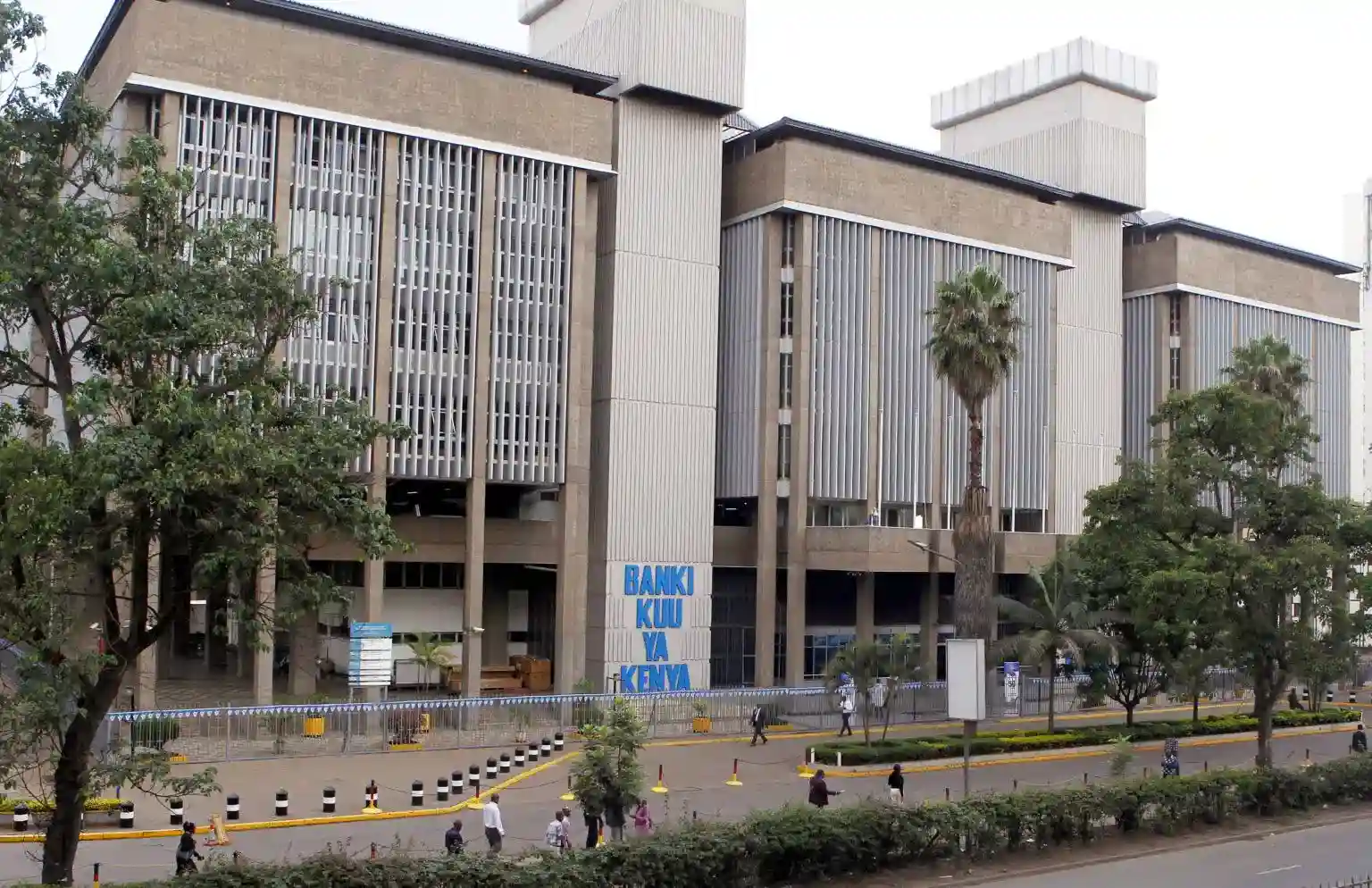The Kenya National Bureau of Statistics (KNBS) has reported a significant decline in the value of cut flower exports in June 2024. According to the latest KNBS Leading Economic Indicators report, the value of cut flowers exported from Kenya fell by 21.2%, from KSh 6.6 billion in May 2024 to KSh 5.2 billion in June 2024. The volume of exported flowers also dropped from 8.6 thousand metric tonnes in May to 6.7 thousand metric tonnes in June.
This decline has raised concerns within Kenya’s floriculture sector, which is a key driver of the country’s economy, especially in the agricultural and horticultural industries.
Sector Comparison: Year-on-Year Analysis
The cut flower industry has been facing challenges, as evidenced by the year-on-year comparison provided by the KNBS data. In May 2023, Kenya exported 13,495 metric tonnes of cut flowers, generating KSh 8.2 billion, compared to June’s 11,995 metric tonnes worth KSh 7.1 billion. This shows a steady decline in both volume and value over time, which poses a serious threat to Kenya’s standing as one of the world’s top exporters of cut flowers.
The largest export volumes were recorded in February 2024, with 16,102 metric tonnes, largely attributed to Valentine’s Day, a peak season for flower sales globally. January also recorded a high volume of 12,479 metric tonnes, fetching the country KSh 13.2 billion and KSh 14 billion, respectively. These numbers indicate that the sector thrives in the first quarter of the year, mainly due to international celebrations that boost demand for flowers.
However, the decline in June exports has created uncertainty about the overall performance for the year. This may prompt Kenyan flower farms and industry stakeholders to adopt new strategies to boost sales and stay competitive in the global market.
Factors Behind the Decline
Kenya’s floriculture sector is a vital component of its economy, accounting for a substantial share of the country’s horticultural exports. However, the sector is not without its challenges. According to a review by the Kenya Flower Council (KFC), local regulations, taxes, and international standards, particularly from Europe—Kenya’s biggest flower market—continue to pose obstacles. The sector is grappling with red tape and stringent rules on quality, pesticide use, and environmental sustainability, which all impact the cost and efficiency of production and exportation.
In recent years, the European Union (EU) has implemented stricter rules and regulations for flower imports, especially in relation to environmental standards. These changes are expected to become even more stringent, which could present additional difficulties for Kenyan flower exporters. With Europe accounting for the majority of Kenya’s flower exports, any further regulatory restrictions could significantly impact export volumes and revenues.
Potential Mitigation Strategies
To address these challenges, the Kenya Flower Council has recommended several mitigation strategies. These include:
- Locking in Sales and Prices: By securing fixed contracts with buyers, Kenyan flower farms can stabilize their revenues, protecting themselves from volatile price fluctuations in international markets.
- Diversifying Flower Varieties: Diversifying the types of flowers grown could open new markets and reduce dependency on traditional European markets. Some farms are already exploring different varieties that may have better resilience to changing climates and international preferences.
- Exploring Alternative Markets: Kenyan flower farms are increasingly looking to expand into new markets outside Europe, such as the Middle East, Asia, and North America. While these markets currently represent a smaller share of Kenya’s flower exports, they offer opportunities for growth, particularly in regions where demand for cut flowers is rising.
- Investing in Value-Added Products: Some flower farms are exploring products like dried flowers, essential oils, and other derivatives to create new revenue streams. Value addition could help buffer the sector against the unpredictable nature of fresh flower exports.
The Broader Horticultural Picture
While the cut flower industry has been facing challenges, other sectors within Kenyan horticulture are showing resilience. For example, KNBS data reveals that the volume of exported fruits increased from 21.7 thousand metric tonnes in May 2024 to 24.2 thousand metric tonnes in June 2024, with a corresponding rise in value from KSh 4.6 billion to KSh 5.1 billion. This indicates that despite the struggles in floriculture, other fresh horticulture products like fruits are gaining ground in international markets.
Similarly, the volume of vegetables exported in June 2024 stood at 4.2 thousand metric tonnes, fetching KSh 1.8 billion. Although lower in volume compared to fruits and flowers, the vegetable export sector is maintaining its position as a consistent performer within Kenya’s agriculture-driven economy.
Performance of Other Export Sectors
Kenya’s tea industry continues to be a major export contributor, with KNBS data showing a rise in tea exports from 42.9 thousand metric tonnes in June 2024 to 54.3 thousand metric tonnes in July 2024. This increase in volume was accompanied by a rise in value from KSh 11.8 billion to KSh 15.5 billion, highlighting tea as a strong and stable sector in Kenya’s export portfolio.
The overall volume of trade in Kenya expanded from KSh 295.8 billion in June 2024 to KSh 323.1 billion in July 2024, according to the KNBS. During the same period, the total export value grew from KSh 87.2 billion to KSh 97.0 billion, while imports also rose from KSh 208.6 billion to KSh 226.1 billion. This shows a broad-based expansion in both exports and imports, contributing to the overall growth of the Kenyan economy.
Key Trade Partners
Uganda and the United States remain Kenya’s primary export destinations, with values of KSh 10.8 billion and KSh 7.5 billion, respectively, in July 2024. Uganda, as Kenya’s largest regional trading partner, continues to play a vital role in sustaining Kenya’s export market. The United States, on the other hand, has grown as a key destination for Kenyan agricultural products, including flowers and fresh produce.
On the import side, China and the United Arab Emirates (UAE) were Kenya’s leading trading partners in July 2024. Kenya imported goods worth KSh 59.7 billion from China and KSh 28.6 billion from the UAE, indicating the strong trade ties Kenya has established with these two countries.
Future Outlook
Despite the short-term challenges facing the cut flower industry, Kenya’s horticulture sector remains a critical pillar of the country’s economy. With diversification strategies, technological advancements, and new market opportunities, the floriculture sector could recover and thrive once again. Kenya’s government and industry stakeholders are also working to ensure that the sector remains competitive in the face of global challenges such as climate change, stricter regulations, and shifting market dynamics.
Looking ahead, the Kenya Flower Council has urged flower farms to innovate and explore new opportunities to remain relevant in the international market. Furthermore, the potential for expanding into value-added products could offer a fresh lifeline for the sector, helping to cushion against economic downturns and market disruptions.
In the broader context of Kenya’s export economy, floriculture will continue to play a key role alongside other agricultural sectors such as tea, fruits, and vegetables. The KNBS report underscores the importance of sustained government support, investments in infrastructure, and the exploration of new markets to maintain Kenya’s strong position as an agricultural powerhouse in Africa and the world.
photo source: Google
By: Montel Kamau
Serrari Financial Analyst
27th September, 2024
Article, Financial and News Disclaimer
The Value of a Financial Advisor
While this article offers valuable insights, it is essential to recognize that personal finance can be highly complex and unique to each individual. A financial advisor provides professional expertise and personalized guidance to help you make well-informed decisions tailored to your specific circumstances and goals.
Beyond offering knowledge, a financial advisor serves as a trusted partner to help you stay disciplined, avoid common pitfalls, and remain focused on your long-term objectives. Their perspective and experience can complement your own efforts, enhancing your financial well-being and ensuring a more confident approach to managing your finances.
Disclaimer: This article is for informational purposes only and does not constitute financial advice. Readers are encouraged to consult a licensed financial advisor to obtain guidance specific to their financial situation.
Article and News Disclaimer
The information provided on www.serrarigroup.com is for general informational purposes only. While we strive to keep the information up to date and accurate, we make no representations or warranties of any kind, express or implied, about the completeness, accuracy, reliability, suitability, or availability with respect to the website or the information, products, services, or related graphics contained on the website for any purpose. Any reliance you place on such information is therefore strictly at your own risk.
www.serrarigroup.com is not responsible for any errors or omissions, or for the results obtained from the use of this information. All information on the website is provided on an as-is basis, with no guarantee of completeness, accuracy, timeliness, or of the results obtained from the use of this information, and without warranty of any kind, express or implied, including but not limited to warranties of performance, merchantability, and fitness for a particular purpose.
In no event will www.serrarigroup.com be liable to you or anyone else for any decision made or action taken in reliance on the information provided on the website or for any consequential, special, or similar damages, even if advised of the possibility of such damages.
The articles, news, and information presented on www.serrarigroup.com reflect the opinions of the respective authors and contributors and do not necessarily represent the views of the website or its management. Any views or opinions expressed are solely those of the individual authors and do not represent the website's views or opinions as a whole.
The content on www.serrarigroup.com may include links to external websites, which are provided for convenience and informational purposes only. We have no control over the nature, content, and availability of those sites. The inclusion of any links does not necessarily imply a recommendation or endorsement of the views expressed within them.
Every effort is made to keep the website up and running smoothly. However, www.serrarigroup.com takes no responsibility for, and will not be liable for, the website being temporarily unavailable due to technical issues beyond our control.
Please note that laws, regulations, and information can change rapidly, and we advise you to conduct further research and seek professional advice when necessary.
By using www.serrarigroup.com, you agree to this disclaimer and its terms. If you do not agree with this disclaimer, please do not use the website.
www.serrarigroup.com, reserves the right to update, modify, or remove any part of this disclaimer without prior notice. It is your responsibility to review this disclaimer periodically for changes.
Serrari Group 2025





